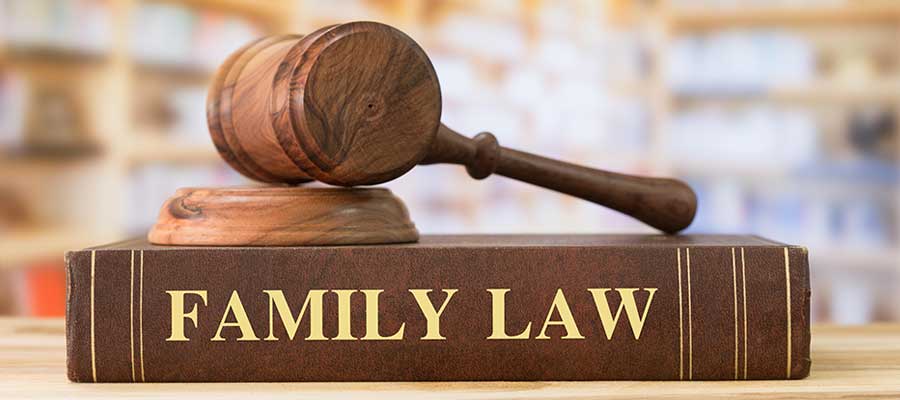The presumption in New Mexico is that joint custody is in the best interests of the children. Joint custody over a child or children in the event of a divorce is not uncommon and is often agreed upon by the parents without the aid of lawyers or mediators. In many cases, this is perceived to be the “win-win” scenario for both parents and children, which makes it an easy child custody agreement to agree upon. However, not all joint custody situations are easily arranged. If there is a disagreement or one of the parents challenges the outcome, lawyers and/or mediators could become necessary for the best interest of any children involved.
What are the Kinds of Joint Child Custody Agreements?
Generally speaking, there are two “types” of joint custody that is relevant in any given custody case: legal custody and physical custody.
Joint physical custody, as you might be able to figure out, ensures both parents the right to spend their time equally with their children. Joint physical custody can be a tough arrangement to maintain because of the logistics that might be relevant to the family’s situation, such as:
- One parent not having adequate living arrangements
- One parent living impractically far away from the other
- Disruptions to the child’s routine
Joint physical child custody can be very tough to keep completely equal between the two parents for these reasons. It can be done, but generally requires that the parents live near each other and can both be flexible should plans need to change.
Joint legal custody, on the other hand, is a child custody arrangement that gives both parents equal say in the upbringing and welfare of the children. Throughout the child custody and divorce proceedings, the couple will come to an agreement – with or without the aid of lawyers – regarding the critical long-term decisions that will impact the well-being of their children.
“True” joint custody is certainly possible under some very rigid circumstances, meaning that physical and legal custody is equally shared. However, joint legal custody situations often result in the children living with one parent more than another parent. This arrangement preserves the other parent’s rights to make legal decisions about their children while allowing the children to live in the home that is more practical for their safety, education and routine.
Settle Your Child Custody Disputes with the Help of a Lawyer
While some divorced or unmarried parents are capable of coming to an agreement on their own, we all know that splitting up is sometimes a pretty nasty business that makes it hard to be objective – even when the children are concerned. If the parting couple disagrees over what should happen in regard to the custody of their children, lawyers and mediators provide an invaluable service.
With the knowledge of family and child custody law on their side, custody lawyers can settle disputes, suggest options that the parents might not have previously thought of, and highlight the pros and cons of different custody arrangements. During the emotional roller-coaster that is divorce and child custody proceedings, it can be the best decision to recruit the help of someone who’s not emotionally invested in your separation.


